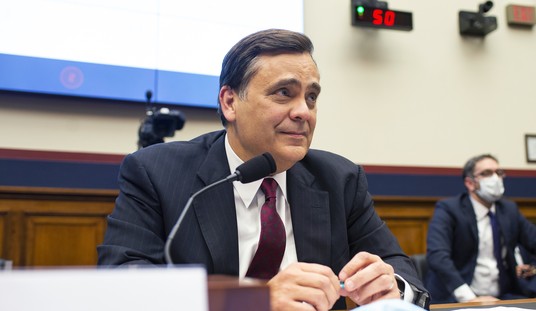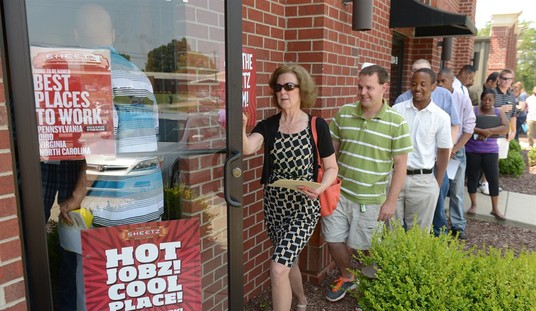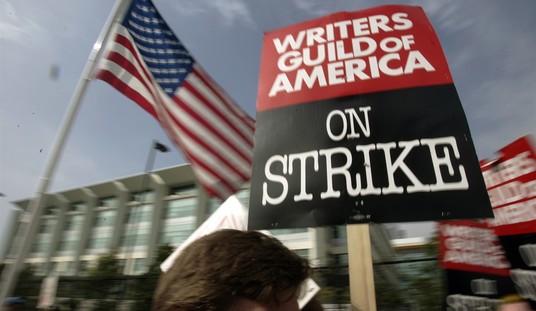The Consumer Reports Company just rated the reliability of 28 makes of automobile from around the world. No American car manufacturer scored better than 13th in ordinal ranking. Ranked on a Lickert Scale from 1 to 5, Jeep, the best American competitor, scores approximately 3.0. No American car does better than average at staying in one piece. This raises a fair question: did we really save GM and Chrysler or did we just screw the bondholders to put off the inevitable?
Much-hyped and manfully-bailed General Motors finished 22nd out of 28 world manufacturers. Their subjects over at Chevrolet performed modestly better (17th out of 28) and are currently the standard-bearers and great hope for bailout motors. Their marquis offering, The Chevrolet Cruze, has received positive reviews and is temporarily well-positioned to sell well against other small cars. From thetruthaboutcars.com we read the following:
The Civic was a more enthusiastic vehicle, and far more fun to hustle along the back roads, but it cannot match the Cruze for features, space, fuel mileage, or interior ambiance. The Corolla has simply outlived its competitiveness, period. The Focus, had it been present, would have easily shown-up the Cruze on over-the-road pace and interface design but would have struggled with noise and interior quality perception. The Elantra would have been a tougher nut to crack, given that it is a massive improvement over its precedessor. Still, none of these cars can “waft” like the Cruze…
Yet even this fleeting victory could be tenuous. The Cruze competes well against other cars in its class at present and for the near future. Labor unrest at the Lordstown, Ohio plant where the Cruze is assembled could derail this opportunity. Autonews.com describes actions taken by the UAW Local that represents the Lordstown workers.
Union local leaders there wrote an insult-laced flyer a week ago accusing management of sending Cruzes off-site for underbody repairs by outside workers. The language and tone were bad enough. The flyer, written by UAW Local 1112 President Jim Graham and Shop Chairman Ben Strickland, said management had acted “sneaky, evasive and dishonest.” But the timing was even worse. Here is Chevrolet, with so much at stake with the launch of its first legitimate contender in the compact segment in years, dealing with a union disclosure that the vehicles need repairs. The flyer said they were minor repairs to a “switch” and “canister.”
This harkens back to the “Lordstown Syndrome” that ironically afflicted this very same plant back in 1971. GM modernized their line until it was the fastest in the world at that time. This led to an explosion of labor unrest from employees who felt they were being driven too hard and paid too little.
The brand new production line was the fastest in the world, cranking out 100 cars per hour. Lordstown workers protested the speed of the line, and the lack of control they held over their own work. As Jefferson Cowie describes, “The workers balked at the speed and discipline by working strictly to rules, letting production slip by unfinished, pushing absenteeism and turnover to new highs, taking drugs and alcohol on the job, and engaging in a wide array of sabotage on the job.”* The situation led to a long strike, beginning in March 1972, and the press coined the term “Lordstown Syndrome” to cover the dissatisfaction many American workers felt toward the quality of their jobs in the early 1970s.
Defenders of the bailout of GM, and the socialization of American industry in general, would point to Ford Motors falling from 10th to 20th place out of the 28 manufacturers rated. They would pointedly ignore the fact that Honda manufacturers Civics in Ohio (not too far from Lordstown.) Honda Motors finished 5th in reliability without any “assist” from President Obama or the UAW.
That is Honda used workers from virtually the same socio-economic and cultural pool as GM except for two vital differences. Honda has no bailout backstop and Honda doesn’t have a UAW shop. Honda cars and Honda factories work. GM cars and GM factories do so with much less predictability. American labor can and does build very reliable cars. They just don’t seem to build those cars as members of the UAW or employees of America’s Shrinking Three Auto-makers.
This reprises my initial question. Did we really succeed with the bail-out, or have we just incinerated money to postpone Darwinian Evolution in the automobile industry?













Join the conversation as a VIP Member